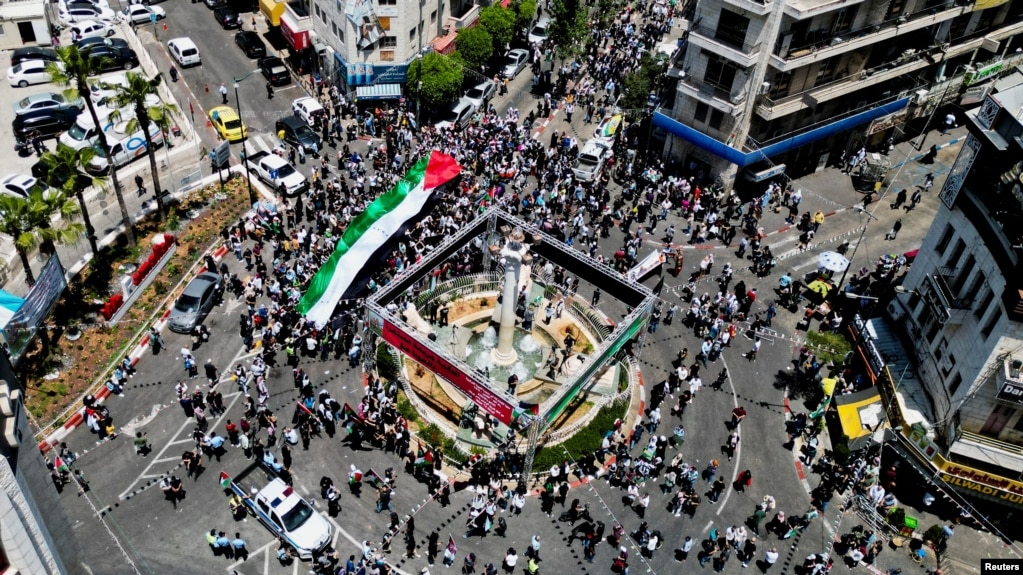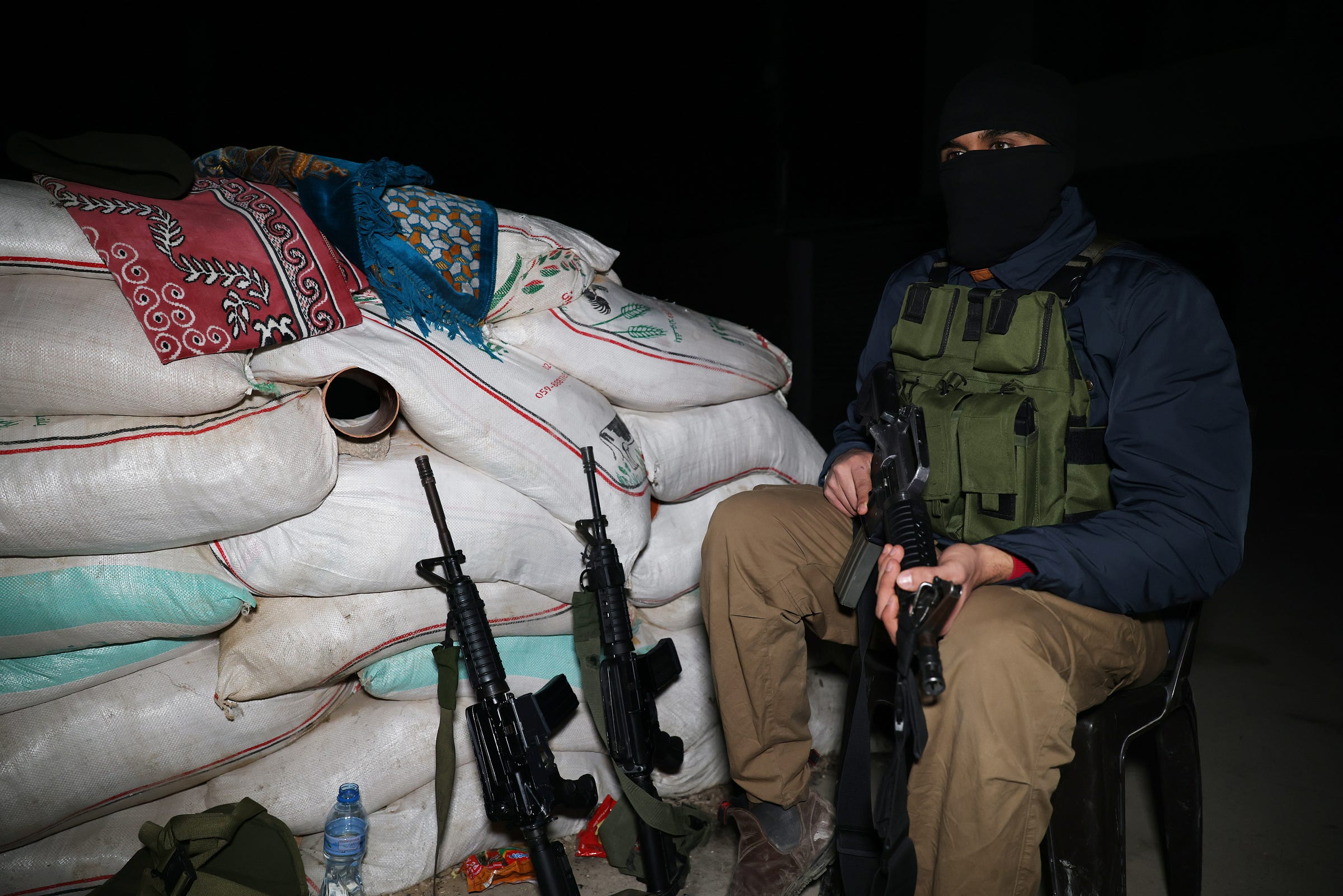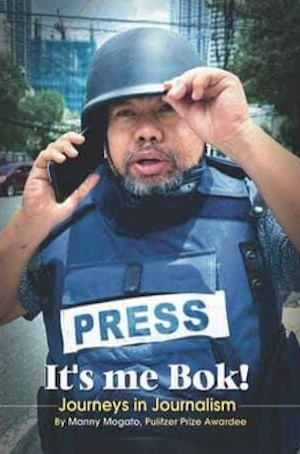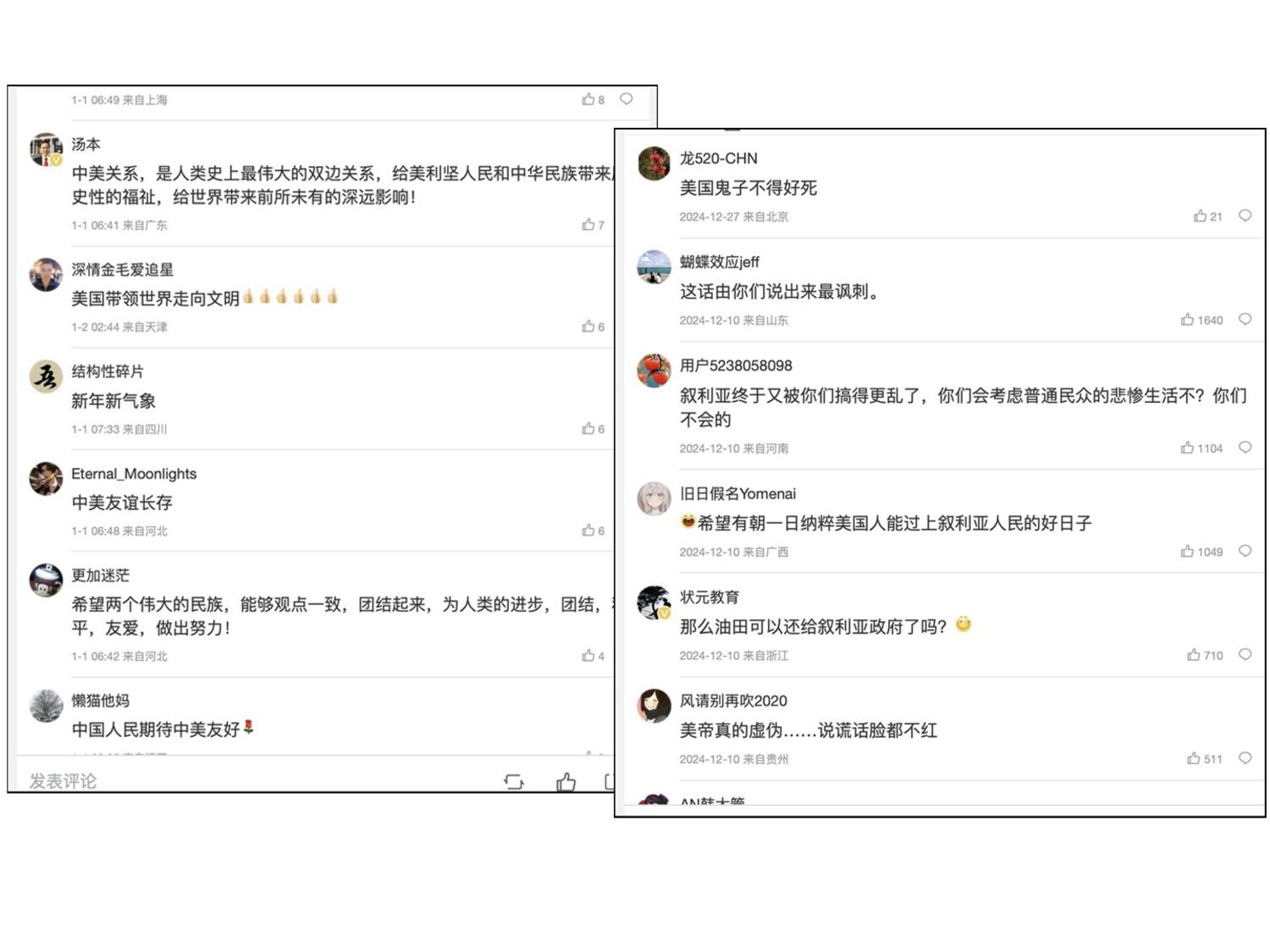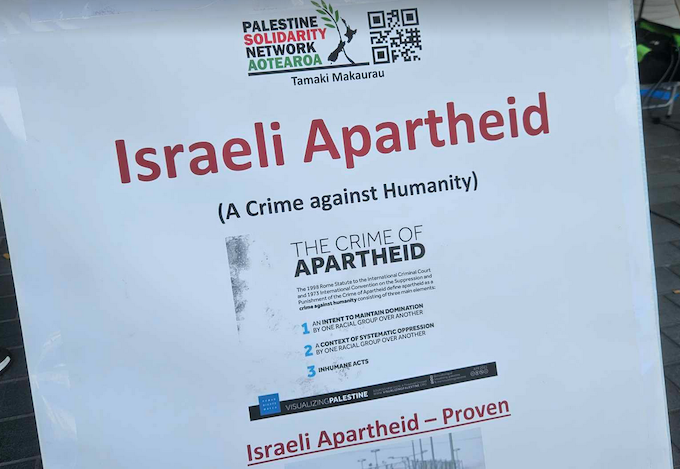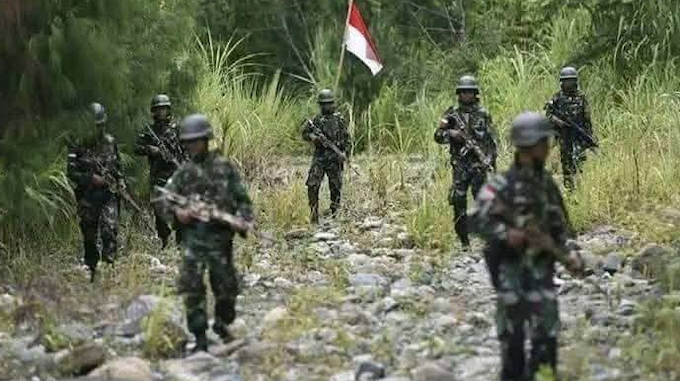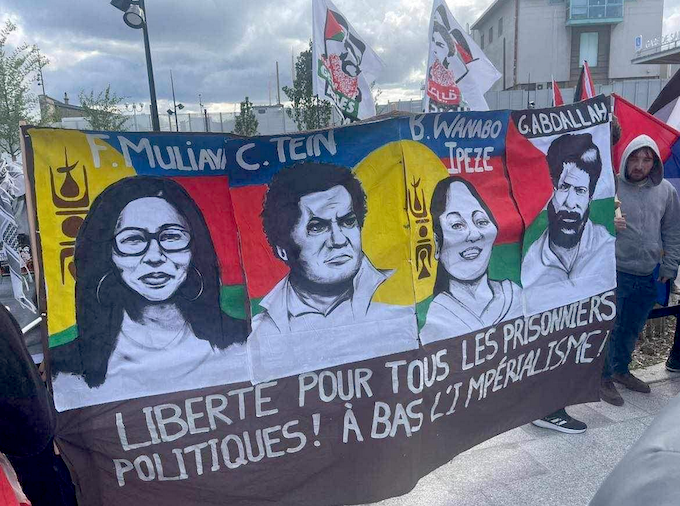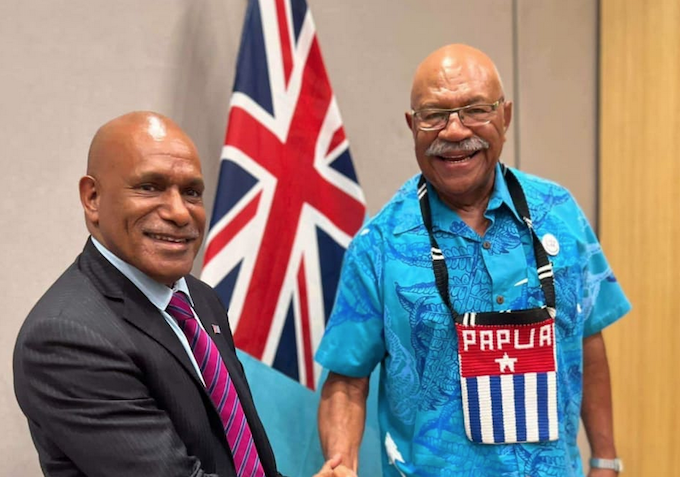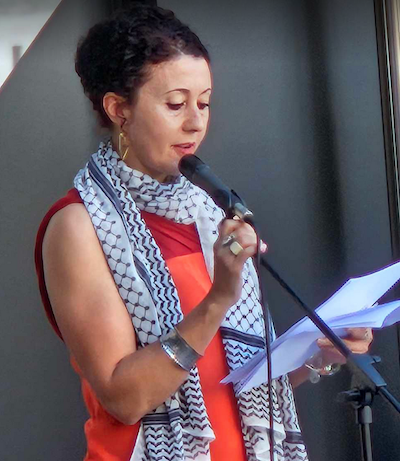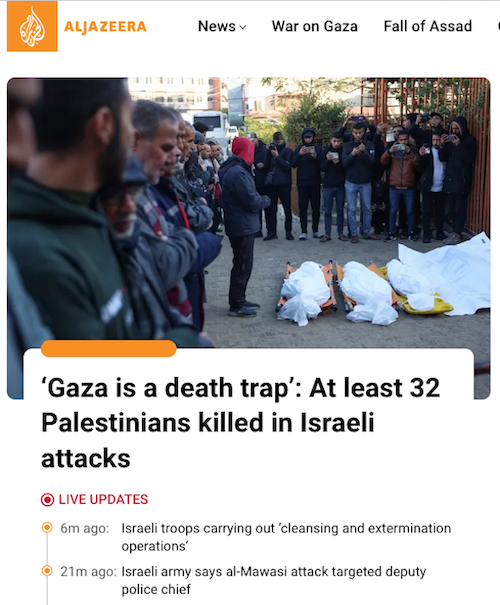forty hard years of lobotomizing, dumbdowning, infantilizing, and deploying this multilayered PSYOPS of direct and covert operations have been brought to us, partially, by the Edward Bernays of the World … now we are here: Fear and Loathing in Our Delusional and Self-Incriminating Selves! (Haeder, May 28, 2023)

Before the Russian invasion, CIA reports linked him to an oligarch so dirty and so mired in “significant corruption” that the State Department banned him from entering the U.S.
But now CIA propaganda portrays Zelensky as nobler than Winston Churchill and saintlier than Mother Theresa.
Will the Real Volodymyr Zelensky Please Stand Up (source)

Now now, I know we can’t in PC/PAEC (Politically Approved by Elites Correct) society point out a spade from a diamond. Ahh, even after Nakba 75? Who stopped it, a celebration-remembrance-sadness of that genocide?
Sorry, but it does matter who controls the levers of power, the narrative, the engines of Press-Propaganda-Entertainment. As well as, politics, marketing, education? Nakba is a lie. You don’t see a pattern here?
In a statement Monday, Israeli Foreign Minister Eli Cohen said, “We will fight the ‘Nakba’ lie with full strength and we won’t allow the Palestinians to continue to spread lies and distort history.”
Ahh, this commemoration, by the UN, of all organizations, is despicable, according to another Jew, and that is a-okay language, no?
In a recorded statement, Israel’s ambassador to the U.N., Gilad Erdan, said that the organization’s decision was “shameful” and would harm any efforts to find a peaceful solution to the generations-old conflict between the state of Israel and the Palestinian people.
Asking other U.N. representatives to boycott the commemoration, he said, “[A]ttending this despicable event means destroying any chance of peace by adopting the Palestinian narrative calling the establishment of the state of Israel a disaster while ignoring Palestinian hate, incitement, terror and refusal to accept the legitimacy of a Jewish state.”
“UN Recognition of Palestinian Displacement Angers Israel” — One headline, and just replace, “…angers Israel” with, “…. angers Christians, Zionists, Israel-Firsters, Members of Congress, Members of the MSM, politicians, AIPAC, etc., et. …”
Shit, recognition of that Liberty, that United States SHIP, and more poison arrows launched by the Isra-Hellions:
Shit, that crime memorial is coming up, June 8 = The USS Liberty incident was an attack on a United States Navy technical research ship, USS Liberty, by Israeli Air Force jet fighter aircraft and Israeli Navy motor torpedo boats, on 8 June 1967, during the Six-Day War.
Ahh, can we protest that other anniversary? By virtue of General Assembly Resolution 273, Israel was admitted to membership in the United Nations on 11 May 1949. In the three years following the 1948 Palestine war , about 700,000 Jews immigrated to Israel, residing mainly along the borders and in former Arab lands.
Can we remember June 8 without being smeared?

For more information on Israel’s crimes, and the USS Liberty, go here: IAK.
Now transitioning to more racism and bigotry and Big Brother-ism by Jewish leaders, ZioCryptos, and the like, let’s scour the WWW for those attacks on Pink Floyd’s front man: Jews will attack Roger Waters, of Pink Floyd, and they will get countless thousands of lies published in countless broken media outfits immediately. Just Google-Gulag search: “Roger Waters and Berlin Fascism.” Hate, pure lies, and the hasbara and powerful Jewish hatred of thinking Rogers is an antisemite!
Again, a concert, and Israel speaks up.
Israel’s foreign ministry later criticized Waters on social media, tweeting on May 24: “Good morning to everyone but Roger Waters who spent the evening in Berlin (Yes Berlin) desecrating the memory of Anne Frank and the 6 million Jews murdered in the Holocaust.”

I am sorry to say that the Jewish folk I have been reading about, listening to, and researching throughout my decades, even from day one of college onward, many (not all) are indeed a clear and present danger to straight-up research and critical thinking. Then, just move over to the fact in my humble opinion, many powerful Jews hate Russia, Russians, and anyone who might dare question the UkroNazi Proxy War with Russia, started, oh, hell, way before 2014.
Self-proclaimed Jewish criminal, Kolomoyskyi is the dirty banker and the dirty funder of Zelensky:

[Photo: On the left, Zelensky in circle behind Kholomoisky. On the right, Zelensky on the campaign trail is followed by one of Kholomoisky’s bodyguards.]
But, read this Jewish rag in Isra-Hell, Haaretz | World News/
“Ukraine Enlists Jewish Leaders to Lobby Israel for Arms”
Ukraine recently requested air defense systems and training from Israel, saying that Iran would use the deployment of its weapons systems in Europe to refine their capabilities. Still, Israel maintains that it would not send military assistance to Ukraine
A senior Ukrainian official close to President Volodymyr Zelenskyy called on world Jewry to push Jerusalem to arm his country with defensive weapons on Wednesday, only two days after Moscow warned Israel that supplying military equipment to Ukraine would “destroy the political relations between the two countries.”
Of course, I am disgusted by any racist group calling on “all Jews worldwide to continue the murder of Russians and Ukrainians in Donbass, and now, throughout Ukraine and into Russia.
This is merchant of death war mongering, and it has to stop, stop first by beginning to call a Jewish Fascist a Jewish Fascist when you come in contact with him or her or them: Here, more lies, blatant valorizing of a corrupt and criminal man, Zelensky!
1. The most important Jewish leader in the world (source)
The past week has turned us all into experts on Ukraine, now at the center of every conversation. Did you know how big it is? (When you lay it over the U.S. map, it stretches from New York to Chicago.) Who knew that we were actually using the Russian city names and not the Ukrainian ones (it’s Kyiv, not Kiev; Lviv, not Lvov; and Kharkiv, not Kharkov). And their president—did you know that he is Jewish?
Volodymyr Zelensky is probably the most admired Jewish leader the world has to offer right now. Before entering politics in 2018, Zelensky was a popular comedian (and you can’t get any more Jewish than that); he does not often speak about his Jewish identity, but he has never tried to hide it. In a country like Ukraine, which is still struggling with a painful legacy of antisemitism, Zelensky’s Jewishness has always been present.
For Jews across the world, Zelensky is now a source of pride: a young, inexperienced leader who is putting his life at risk for his people by leading a nation of 40 million people in opposing a ruthless Russian aggressor.
In his inauguration speech, Zelensky famously told lawmakers not to hang his portrait on their walls. “I do not want my picture in your offices: The president is not an icon, an idol or a portrait. Hang your kids’ photos instead, and look at them each time you are making a decision.”
True to form, Zelensky maintained his unassuming, direct style when crisis hit. His video messages, posted several times a day, have been helping reassure the Ukrainian people. He spoke from his office and from the streets of Kyiv, even as Russian troops closed in on the capital, and when the fighting intensified, Zelensky candidly shared with all Ukrainians the fact that he has been marked by the Russians as “target number one” and that his family is “target number two.” But when the U.S. offered to evacuate him from Kyiv to somewhere safer, he responded: “The fight is here; I need ammunition, not a ride.”
I’m writing this column on Sunday, as Russian forces, bogged down and weakened by courageous Ukrainians armed with AK-47s, Molotov cocktails, or sometimes just a large pole they picked up on the side of the street, still threaten the capital. Zelensky is leading the effort to save his nation, though most foreign intelligence services still think he’s fighting a losing battle.
So, this POS war crimes leader, Zelensky, *elensky because the letter “Z” has been outlawed, and Ukraine and Zelensky with the one-two-three punch of US and UK, with their Kill List, you have to imagine that in the USA and Canada and UK and EU and Europe, all brains have been thrown out the window, or the voice of reason has gone where?
Read Caitlin: “Most Propaganda Looks Nothing Like This”
Propaganda is administered in western nations, by western nations, across the political spectrum — and the really blatant and well-known examples of its existence make up only a small sliver of the propaganda that our civilization is continuously marinating in.
The most common articles of propaganda — and by far the most consequential — are not the glaring, memorable instances that live in infamy among the critically minded. They’re the mundane messages, distortions and lies-by-omission that people are fed day in and day out to normalize the status quo and lay the foundation for more propaganda to be administered in the future.
[…]
One of the forms this takes is the way the western political/media class manipulates the Overton window of acceptable political opinion.
It’s propaganda in multiple ways: it excludes voices that are critical of the established status quo from being heard and influencing people, it amplifies voices (many of whom have packing foam for brains) which support the status quo, and, most importantly, it creates the illusion that the range of political opinions presented are the only reasonable political opinions to have.
Then there’s the ideological herding funnel we discussed recently, which herds the population into two mainstream factions of equal size which both prevent all meaningful change and serve the interests of the powerful.
Maybe the most consequential of all the mundane, routine ways we’re propagandized is the way the mass media manufacture the illusion of normality in a dystopia so disturbing that we would all scream our lungs out if we could see it with fresh eyes.
Another of the mundane, almost-invisible ways the public is propagandized from day to day is described in a recent video by Second Thought titled “You’re Not Immune To Propaganda“. We’re continually fed messages by the capitalist machine that we must work hard for employers and accept whatever standards and compensation they see fit to offer, and if we have difficulty thriving in this unjust system the fault lies with us and not with the system. Poor? That’s your fault. Miserable? Your fault. Unemployed? Your fault. Overworked? Your fault.
Another related method of manipulation is agenda-setting — the way the press shapes public thinking by emphasising some subjects and not others. In placing importance on some matters over others simply by giving disproportionate coverage to them, the mass media (who are propagandists first and news reporters second) give the false impression that those topics are more important and the de-emphasised subjects are less so.
But then, this is another form — of propaganda . . . denial, and denigration and plain ignoring alternative views, even those that are consistent and repeated:


But it’s the 74th Anniversary of an illegitimate state, apartheid and ethnic cleansing one albet> This is how ZioAzovLensky rolls, and even the corrupt CIA-controlled Wikipedia has some facts here on the murderous Jews, Zelenksy’s mother ship, historical grounding, who called themselves Zionists, but I know very few Jews who are not ZIONISTS, overtly or covertly:
A successful paramilitary campaign was carried out by Zionist underground groups against British rule in Mandatory Palestine from 1944 to 1948. The tensions between the Zionist underground and the British mandatory authorities rose from 1938 and intensified with the publication of the White Paper of 1939. The Paper outlined new government policies to place further restrictions on Jewish immigration and land purchases, and declared the intention of giving independence to Palestine, with an Arab majority, within ten years. Though World War II brought relative calm, tensions again escalated into an armed struggle towards the end of the war, when it became clear that the Axis powers were close to defeat.
The Haganah, the largest of the Jewish underground militias, which was under the control of the officially recognised Jewish leadership of Palestine, remained cooperative with the British. But in 1944 the Irgun, an offshoot of the Haganah, launched a rebellion against British rule, thus joining Lehi, which had been active against the authorities throughout the war. Both were small, dissident militias of the right-wing Revisionist movement. They attacked police and government targets in response to British immigration restrictions. They intentionally avoided military targets, to ensure that they would not hamper the British war effort against their common enemy, Nazi Germany.
The armed conflict escalated during the final phase of World War II, when the Irgun declared a revolt in February 1944, ending the hiatus in operations it had begun in 1940. Starting from the assassination of Baron Moyne by Lehi in 1944, the Haganah actively opposed the Irgun and Lehi, in a period of inter-Jewish fighting known as the Hunting Season, effectively halting the insurrection. However, in autumn 1945, following the end of World War II in both Europe (April–May 1945) and Asia (September, 1945), when it became clear that the British would not permit significant Jewish immigration and had no intention of immediately establishing a Jewish state, the Haganah began a period of co-operation with the other two underground organisations. They jointly formed the Jewish Resistance Movement.
The Haganah refrained from direct confrontation with British forces, and concentrated its efforts on attacking British immigration control, while Irgun and Lehi attacked military and police targets.[6] The Resistance Movement dissolved amidst recriminations in July 1946, following the King David Hotel bombing. The Irgun and Lehi started acting independently, while the main underground militia, Haganah, continued acting mainly in supporting Jewish immigration. The Haganah again briefly worked to suppress Irgun and Lehi operations, due to the presence of a United Nations investigative committee in Palestine. After the UN Partition Plan resolution was passed on 29 November 1947, the civil war between Palestinian Jews and Arabs eclipsed the previous tensions of both with the British. However, British and Zionist forces continued to clash throughout the period of the civil war up to the termination of the British Mandate for Palestine and the Israeli Declaration of Independence on 14 May 1948.
Within the United Kingdom there were deep divisions over Palestine policy. Dozens of British soldiers, Jewish militants, and civilians died during the campaigns of insurgency. The conflict led to heightened antisemitism in the United Kingdom. In August 1947, after the hanging of two abducted British sergeants, there was widespread anti-Jewish rioting across the United Kingdom. The conflict caused tensions in the United Kingdom–United States relations.
Putin and Russians and those of us who actually want Russia to have a safe border, peace, and zero NATO interference, see Zelensky and his Jewish Lords — Kagan Familias, Nuland, Blinken, Yellen, Sherman, Garland, and hundreds of others in the Biden White House and thousands of others in the Military Industrial Expanded (finance, computing, surveillence) Complex and millions more in the world of turning a dollar on death — as the ENEMY. Murderous, conniving, hateful, slick enemies numero uno, those espousing war with China and war with Russia.
I know Dissident Voice is reluctant to publish voices that might lean toward a Pepe Escobar critique of the Israel Hell unleashed on the world. I get it. But, the fact is violence and terror, those are right up Zelensky’s alley, and this war that UK and USA and Five Eyes and EU have unleashed will not end soon, because Ukraine in the minds of many is Israel 2.0. An added “benefit” for these monsters: Expect those weapons that USA taxpayer footed the bill for to bring down some commercial airlines in a neighborhood near-by soon.
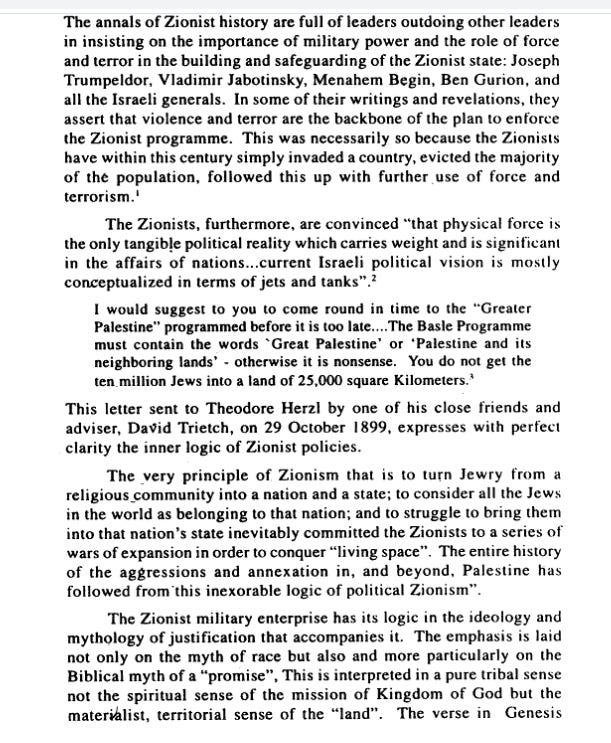
We are a soiled Western Culture, and we have seeded the rest of the world with our feces — high tech, low tech, money, land theft, pollution, exploitation, consumerism, throw-away mentality, sanctions, blood lust, coups, supporting despots, money laundering and gold theft and assets removal. Loans from Hell, and alas, here we are, in a putrid world, a day before the big Monday Holiday, Memorial Day, and we are straddled by syphilitic monsters running the world and our own populous generally marked for death, marked as marks, these, the billionaires, the fleecers and many left and right, Jewish or not, they are Zionists and Israel-Firsters who have sold us down the Ukrainian toilet.
Israeli newspapers point out the victories?


These are THEIR graphics, and by me point these out, I am deplatformed, stopped from teaching, pushed to the excrement posts of publishing my books anywhere
But leave it to the Paranoid Former Nazis and the disgusting ADL and AIPAC and Mossad loving Israelis to attack us all attacking them:
Pink Floyd’s Roger Waters says Berlin gig controversy a ‘smear’
“The depiction of an unhinged fascist demagogue has been a feature of my shows since Pink Floyd’s ‘The Wall’ in 1980,” Roger Waters said.
“I have spent my entire life speaking out against authoritarianism and oppression where I set it… My parents fought the Nazis in World War II, with my father paying the ultimate price,” he said.
“Regardless of the consequences of the attacks against me, I will continue to condemn injustice and all those who perpetrate it.”
Waters is a well-known pro-Palestinian activist who has been accused of holding anti-Jewish views. He has floated an inflatable pig emblazoned with the Star of David at his concerts. The singer denies the anti-Semitism accusations, saying he was protesting against Israeli policies, not Jewish people.
Yep, it is a piece of shit piece of cloth for many, representing so so much death, murder, hate, and racism. Cloth, man, and alas, a symbol, for those who cry crocodile tears when they hear the National Anthem, and then for others, it is the greed and murder and Empire of Chaos-Lies-Terror in every red and white strip, every star and bar:

This stuff is not allowed on campuses, and not just Guantanamo Desantis’s Florida.







Partial transcriptof the Mike Wallace interview with Paul Meadlo in which Meadlo describes his participation in the My Lai massacre:
- Q. So you fired something like sixty-seven shots?
- A. Right.
- Q. And you killed how many? At that time?
- A. Well, I fired them automatic, so you can’t – You just spray the area on them and so you can’t know how many you killed ‘cause they were going fast. So I might have killed ten or fifteen of them.
- Q. Men, women, and children?
- A. Men, women, and children.
- Q. And babies?
- A. And babies.


Asked whether students or professors ever have ethical objections to working on projects funded by the Defense Department, Zuber said that “no professor has to take money from DoD.”
“We’re a bottom-up organization,” she said. “Professors make those choices.”
She also said that “if there are students who have a feeling that they don’t want to work on defense-related issues, they certainly don’t have to.” But, she added, “a whole lot seem to want to.”
Like MIT, the Association of American Universities, an alliance of 62 of the leading research institutions in the United States and Canada, advocates defense research funding.




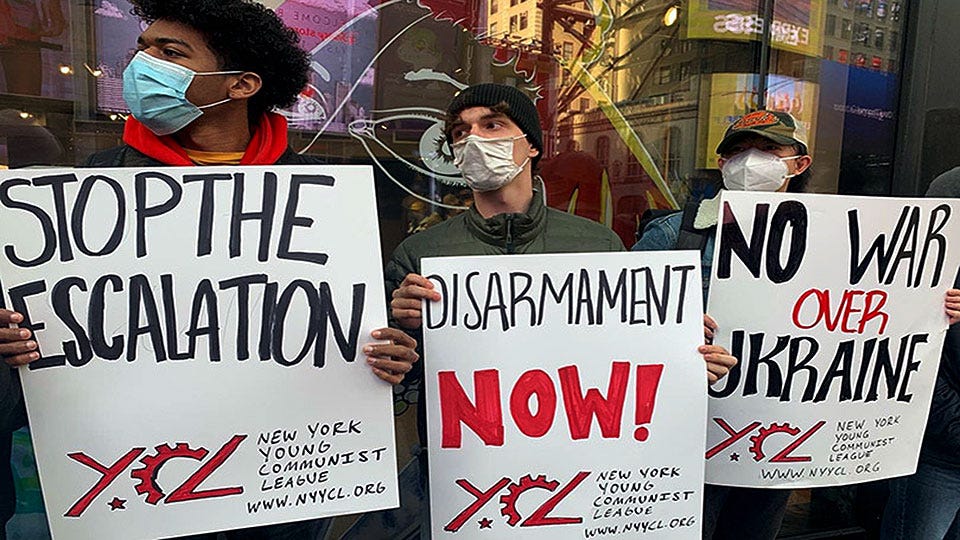

So many more organizations working on it, working on it — no more NATO, no more Arms.
Back to the Jewish thing in Ukraine: And, well, and, who writes the narrative of Ukraine, of Zelensky, of the Jewish Apartheid State supporting the Nazis under Zelensky?
There is no way in hell you will read this story, objectively, anywhere:
The Jews are the ones behind the Russian invasion of Ukraine, and their goal is to create a new Jewish state to replace the failing Zionist project of Israel, Palestinian Islamic scholar Mraweh Nassar has claimed, as reported by the Middle East Media Research Institute (MEMRI).
Nassar, whom MEMRI identified as the secretary-general of the Jerusalem Committee of the International Union of Muslims Scholars, made his claims on March 22 while speaking with Channel 9, an Arabic-language TV station in Turkey that the media watchdog says is affiliated with the Muslim Brotherhood.
Now now, Dan Shapiro (New Atlanticist, err, Atlantic Council) wrote this one, and again, it’s the NARRATIVE and the MEDIUM is the MESSAGE driver, and then who gets to tell the stories and how the algorithms benefit the propagandists, shit dog, need we look further?.
Speaking to reporters this week, Ukrainian President Volodymyr Zelenskyy described the future he sees for his country in unusual terms: as “a big Israel.”
Gone, he said, are hopes for “an absolutely liberal” state—replaced by the likely reality of armed defense forces patrolling movie theaters and supermarkets. “I’m confident that our security will be the number-one issue over the next ten years,” Zelenskyy added.
With Russian forces having withdrawn from around Kyiv, suggesting that Ukraine successfully repulsed the first phase of the Kremlin’s invasion, the time is right for Zelenskyy to contemplate how to prepare for the next—and potentially much longer—phase of this conflict.
But what does he mean by “a big Israel”? With a population more than four times smaller, and vastly less territory, the Jewish state might not seem like the most fitting comparison. Yet consider the regional security threats it faces, as well as its highly mobilized population: The two embattled countries share more than you might think.
So if Zelenskyy really does have Israel in mind as a model for Ukraine, here are some of the key features he might consider for adoption (some of which are already applicable today):
-
Security first: Every Israeli government promises, first and foremost, that it will deliver security—and knows it will be judged on this pledge. Ordinary citizens, not just politicians, pay close attention to security threats—both from across borders and from internal sources— and much of the public chooses who to elect by that metric alone.
-
The whole population plays a role: The Israeli model goes further than Zelenskyy’s vision of security services deployed to civilian spaces: Most young Israeli adults serve in the military, and many are employed in security-related professions following their service. A common purpose unites the citizenry, making them ready to endure shared sacrific
I ask, “Will one vapid bought-and-brainwashed media person get on with some rejiggering their knowledge:

Here, over at Dissident Voice: “Journey to St. Petersburg, Moscow, and Crimea” by Dan Kovalik and Rick Sterling / May 25th, 2023
This post was originally published on Dissident Voice.
